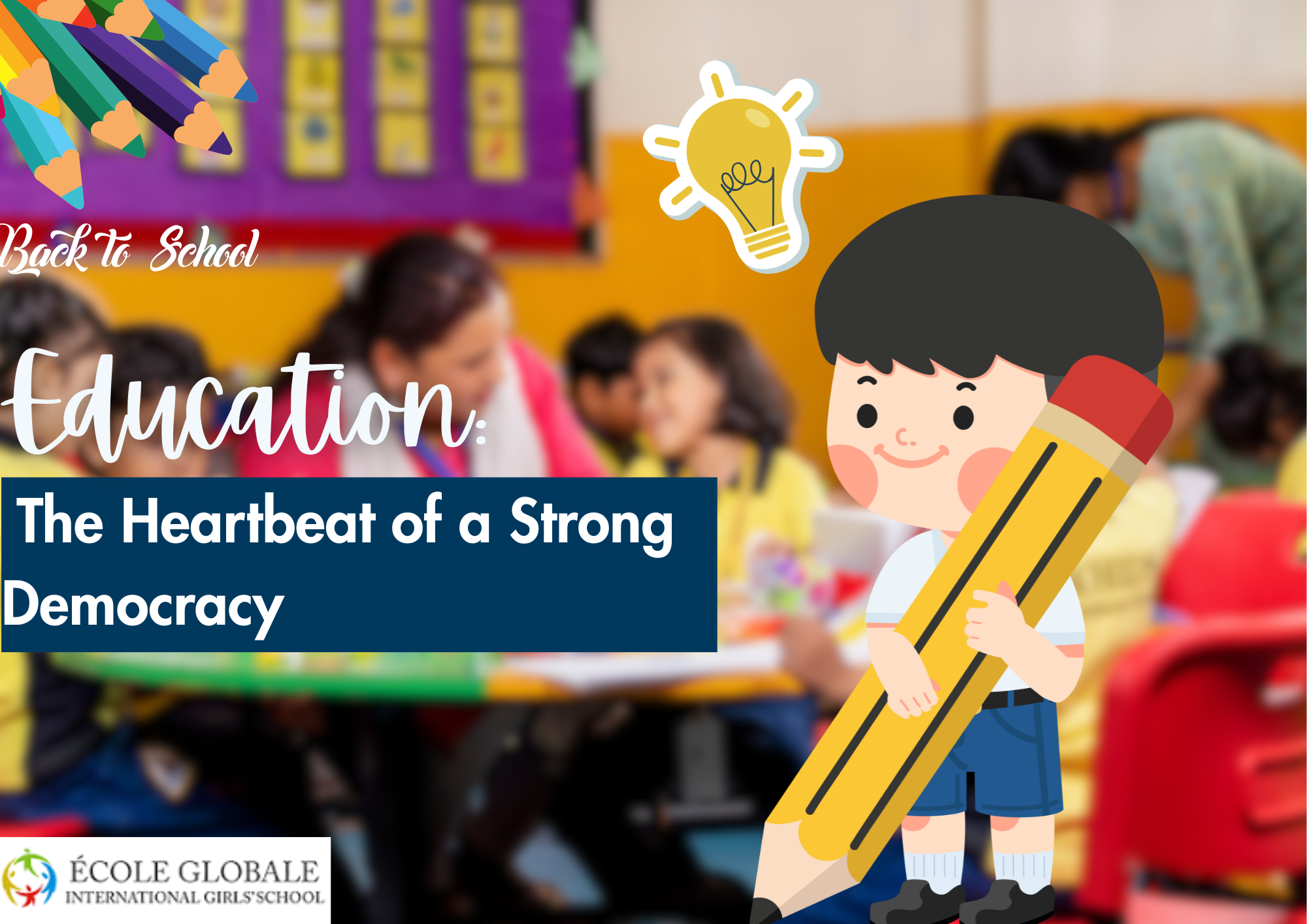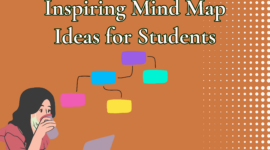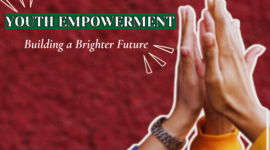Imagine living in a world where everyone knows their rights, takes part in shaping their government, and works together to build a better future. This isn’t just a dream—it’s what education and Democracy makes possible.
Education isn’t just about getting jobs or earning degrees. It’s a powerful tool that helps create fair, equal, and thriving democratic societies. In places like boarding schools in India, education goes beyond academics, nurturing young minds to become responsible and aware citizens who can lead and contribute to their communities.
Let’s explore how role of education in strengthening democracy builds strong democracies and why it’s more important than ever in today’s fast-changing world.
Empowering Citizens: Knowledge is Strength
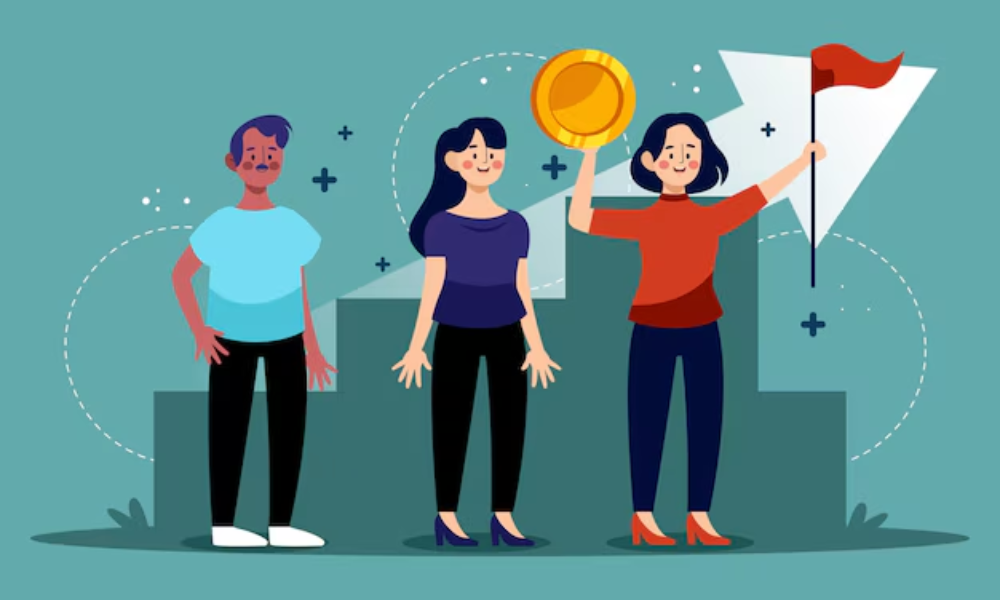
Democracy works best when people know what’s going on, think critically, and take action. Education helps by:
- Sharing Knowledge: It helps people understand their society and make decisions based on facts instead of rumors or emotions.
- Building Confidence: Education gives people the courage to vote, speak up, and join discussions about important issues.
- Creating Leaders: It prepares future leaders who know how to make fair decisions and respect everyone’s opinions.
Example: In countries with higher literacy rates, more people vote during elections, showing how education and democracy go hand in hand.
Reducing Inequality
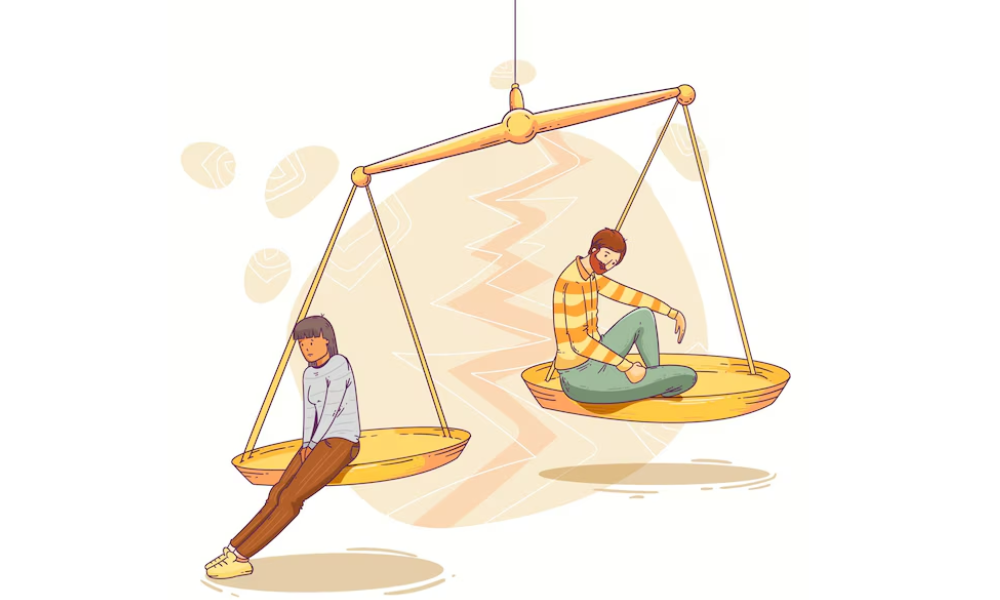
Education is often called the “great equalizer” because it gives everyone a chance to succeed, no matter their background. It does this by:
- Helping People Move Up: Education opens doors to better jobs and opportunities, narrowing the gap between rich and poor.
- Empowering Women: Educated women are more independent and make decisions that improve their families and communities.
- Bringing People Together: Schools allow children from different backgrounds to learn and grow together, reducing discrimination.
Example: Research shows that women who get an education are less likely to face poverty and more likely to contribute to their communities.
Creating Responsible Citizens
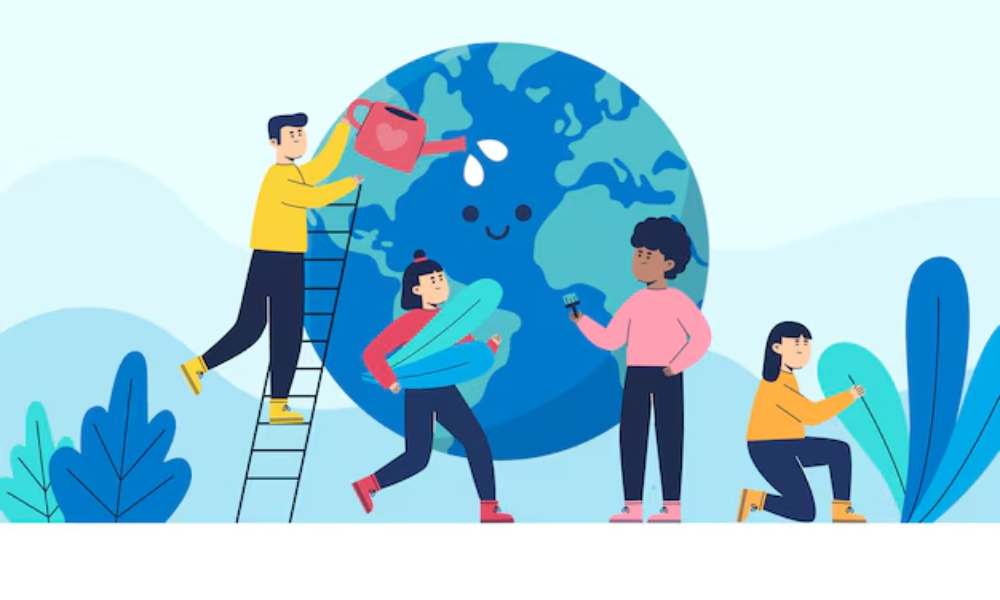
Educated people don’t just follow rules—they help improve them. education in democracy teaches:
- Rights and Duties: Schools help students understand their responsibilities and the importance of following laws.
- Active Involvement: Education encourages people to volunteer, vote, and join efforts to make their communities better.
- Leadership Skills: It helps people develop empathy, teamwork, and problem-solving abilities that are essential for leaders.
Example: In a small village in India, students from a school started a campaign for clean water, which convinced local leaders to act.
Boosting the Economy through Democracy
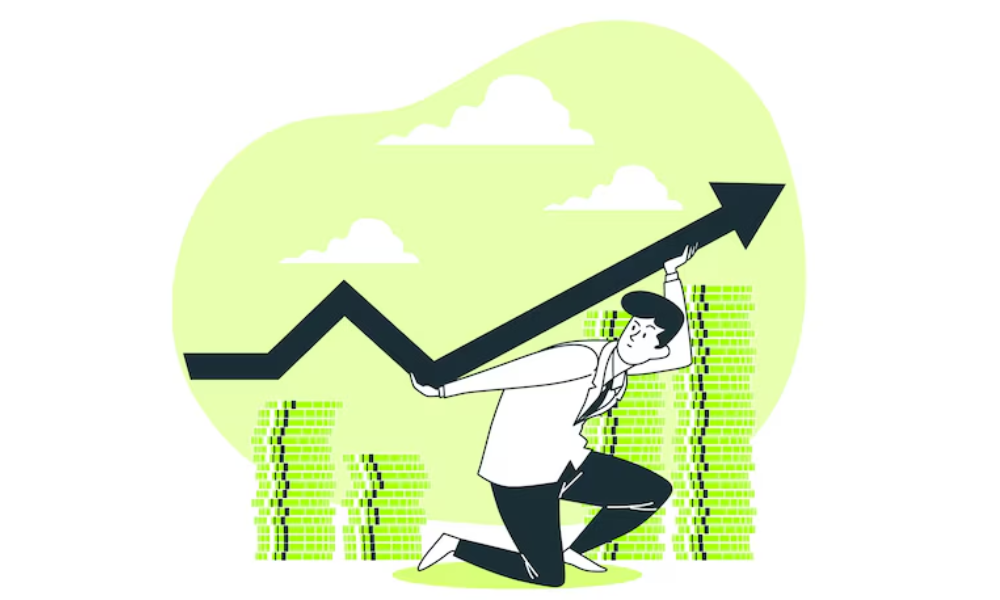
Democracy is stronger when its economy is thriving, and education fuels this growth by:
- Preparing Workers: It teaches skills needed for modern jobs in technology, business, and more.
- Inspiring Innovation: Education sparks creativity, leading to new ideas that solve big problems.
- Creating Stability: Educated people are more likely to have steady jobs, which strengthens the economy.
Example: Finland invests heavily in education, and as a result, its people enjoy one of the highest standards of living in the world.
Promoting Peace and Understanding
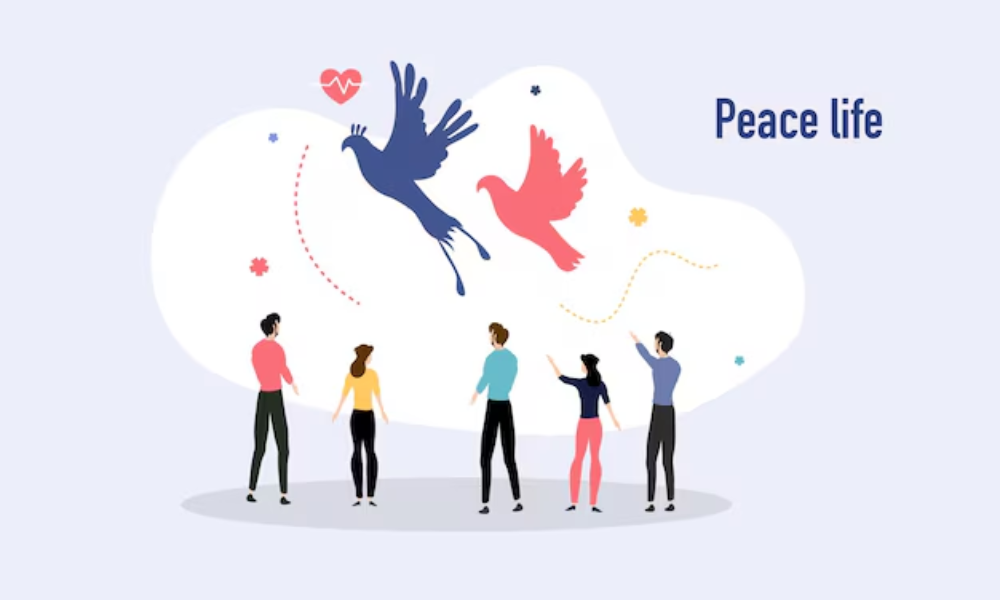
Education isn’t just about facts—it’s about values. It helps build:
- Respect for Others: Schools teach children to appreciate and respect different cultures and ideas.
- Conflict Resolution: Education helps people resolve disagreements peacefully instead of through violence.
- Global Awareness: It teaches about worldwide issues, encouraging cooperation between countries.
Example: UNESCO’s programs in conflict areas teach children how to work together and promote peace.
Making Education Accessible
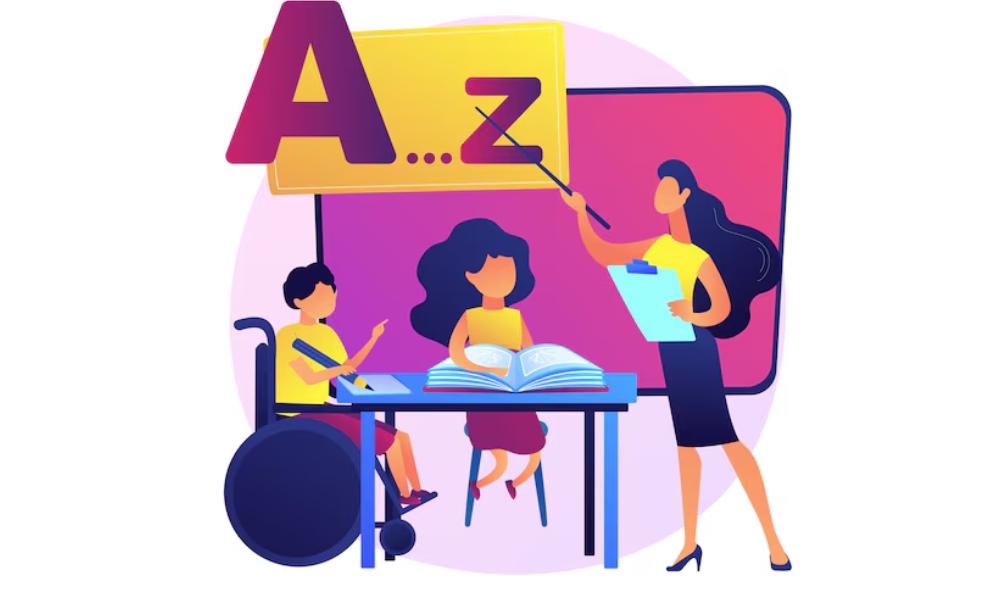
To unleash education’s full power, we need to ensure that everyone can access it. This requires:
- Closing the gap for children in poor or remote areas.
- Training teachers and improving school infrastructure.
- Using technology to reach more students.
Call to Action: Everyone can help—by volunteering, donating to education programs, or simply speaking up for better policies.
Conclusion
Education is more than just learning—it’s the foundation of a strong democracy. It empowers people, reduces inequality, strengthens the economy, and promotes peace. By investing in education and democracy, we’re building better citizens and stronger nations.
The future of democracy depends on how well we educate our people. Let’s make education a top priority—for everyone, everywhere.
FREQUENTLY ASKED QUESTION
Q1. Why is education important for a democracy?
Ans: Education helps people understand their rights and responsibilities, think critically, and participate in decisions like voting, public debates, and policy discussions. It empowers individuals to shape a fair and just society.
Q2. How does education reduce inequality?
Ans: Education creates opportunities for all, helping bridge the gap between the rich and poor. It promotes gender equality, empowers marginalized groups, and fosters understanding and inclusion in diverse communities.
Q3. Can education improve voter turnout?
Ans: Yes, education makes people more aware of their role in democracy. Educated citizens understand the importance of their vote and are more likely to participate in elections and political discussions.
Q4. How does education support economic growth?
Ans: Education equips people with skills for modern jobs, drives innovation, and helps build a competitive workforce. A stronger economy creates stability, reduces poverty, and supports democratic governance.
Q5. How does education promote peace and harmony?
Ans: Education teaches values like tolerance, respect, and empathy. It helps individuals resolve conflicts peacefully, understand cultural differences, and work together for a common cause, fostering social cohesion.






